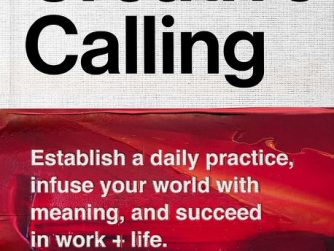 Made to Stick is a book that will help you communicate ideas. And the traits or principles that help us do that include Simplicity, Unexpectedness, Credibility, Concreteness, Emotions, and Stories. In this post, we will begin to look at Concreteness.
Made to Stick is a book that will help you communicate ideas. And the traits or principles that help us do that include Simplicity, Unexpectedness, Credibility, Concreteness, Emotions, and Stories. In this post, we will begin to look at Concreteness.
What makes something concrete? If you can examine something with your senses, it is concrete. A V8 engine is concrete. “High performance” is abstract. Most of the time, concreteness boils down to specific people doing specific things.
Concrete language helps people understand new concepts. Abstraction is the domain of the expert. If you’ve got to teach an idea to a room full of people, and you aren’t certain what they know, concreteness is the only safe language.
Concreteness helps us construct higher, more abstract insights on the building blocks of our existing knowledge and perceptions. Abstraction demands some concrete foundation. Trying to teach an abstract principle without concrete foundations is like trying to start a house by building a roof in the air.
So what is it about concreteness that makes ideas stick? The answer has to do with our memories. Memory is not like a filing cabinet. It is more like velcro. There are two sides to velcro. One is covered with thousands of tiny hooks and the other is covered with thousands of tiny loops. When you press the sides together, the hooks get caught in the loops and that causes velcro to seal. Your brain has a staggering number of loops. The more hooks and idea has, the better it will cling to memory. Your childhood home has many hooks in your brain. Your debit card has only a few.
Why do we slip so easily into abstraction when concreteness is so powerful? Because the difference between an expert and a novice is the ability to think abstractly. Novices perceive details as concrete details. Experts perceive concrete details as symbols of patterns and insights that they have learned through the years. So because they are capable of seeing a higher level of insight, they naturally want to talk on a higher level.
It is easy to loose awareness that we’re talking like an expert. We start to suffer from the Curse of Knowledge. It can feel unnatural to speak concretely about subject matter we’ve known intimately for years. But if we’re willing to make the effort we’ll see the rewards. Those we speak to will understand what we’re saying and remember it.
Being creative isn’t hard and doesn’t require a lot of effort. The barrier is simply forgetfulness. We forget that we are slipping into abstractspeak. We forget that other people don’t know what we know.



